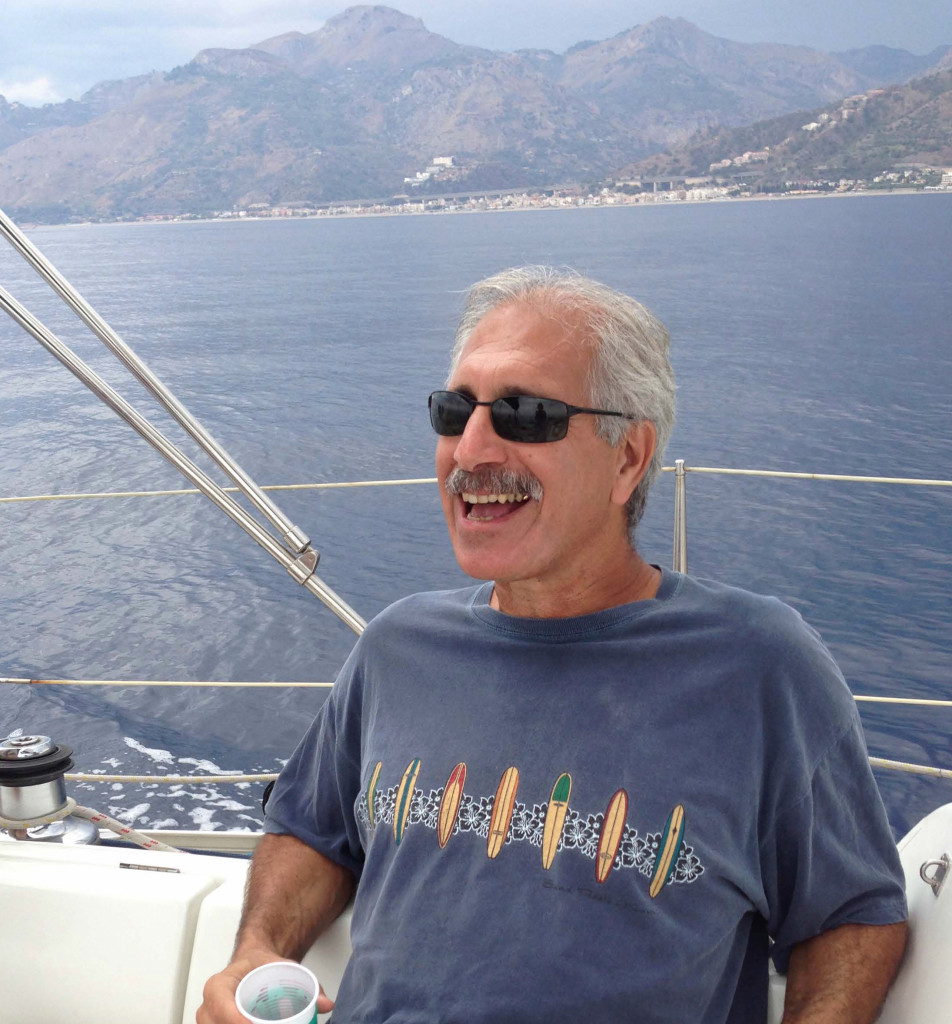Podcast: Play in new window | Download
Subscribe: Apple Podcasts | RSS
Dr. Robert C. Malenka is the Pritzker Professor of Psychiatry and Behavioral Sciences, Director of the Pritzker Laboratory, and Deputy Director of the Stanford Neurosciences Institute at Stanford University. He received his Bachelor’s degree from Harvard College and his MD and PhD in Neuroscience from the Stanford University School of Medicine. Rob conducted postdoctoral research at the University of California, San Francisco and completed his residency in Psychiatry at the Stanford University School of Medicine. He served on the Faculty at the University of California, San Francisco for 10 years before joining the faculty at Stanford where he is today. Rob is a recipient of the Medical Research Award in Neuropsychiatry from the Pasarow Foundation, the Julius Axelrod Mentorship Award from the American College of Neuropsychopharmacology, and the NARSAD Goldman-Rakic Prize for Outstanding Cognitive Neuroscience Research. In addition, Rob is a Member of the National Academy of Sciences, a Member of the Institute of Medicine of the National Academy of Sciences, a Fellow of the American Academy of Arts and Sciences, and a Fellow of the American College of Neuropsychopharmacology. Rob is here with us today to tell us all about his journey through life and science.
People Behind the Science Podcast Show Notes
Life Outside of Science (02:40)
Rob is an avid tennis player, and he likes to get out on the court 2-3 times per week. He also spends his free time watching sci fi and spy thriller movies, as well as sampling and collecting wines. Travel is a big part of Rob’s life, and he enjoys immersing himself in different cultures, meeting people, and navigating public transportation systems.
The Scientific Side (05:15)
As a neuroscientist, Rob is working to improve our understanding of the brain. Specifically, his research focuses on how brain cells communicate with each other through chemical and electrical signals. They examine how the connections between neurons (synapses) work at a molecular level. He also studies the molecular mechanisms involved in changes to our nervous system (plasticity).
A Dose of Motivation (08:25)
“Academic politics are so vicious precisely because the stakes are so small.” by Henry Kissinger
What Got You Hooked on Science? (17:20)
Growing up, Rob was exposed to an academic lifestyle since his father was a physics professor. He remembers his mom sending him to demonstrations at the science museum where they showed you snakes and looked at the stars. Despite an early inclination towards science, Rob also really liked sports and thought he might one day play tennis or basketball professionally. It wasn’t until his first college course about the brain that Rob became committed to a career in science.
The Low Points: Failures and Challenges (31:30)
There have been numerous times in Rob’s career when experiments just didn’t work. Fortunately, his research involved recording data in real time from neurons. This way, he knew immediately if he had failed and could make changes to get back on track. Rob gave up on a few projects altogether when he was a young Assistant Professor, including a technique that would use viruses to manipulate neurons. This has become a common approach and he regrets walking away from the project after only 4-6 months of trying.
A Shining Success! (37:20)
About 30 years ago, Rob was involved in a big scientific controversy about a phenomenon in neural plasticity known as long-term potentiation (LTP). He was arguing with some very smart, powerful, and influential neuroscientists who disagreed with his stance. With the help of some talented colleagues, Rob accumulated evidence to support their silent synapse hypothesis which suggested that specific neurotransmitter receptors at neuronal connections were involved in LTP. This was one of the biggest achievements of his career.
Book Recommendations (42:24)
The Years of Lyndon Johnson by Robert Caro
Most Treasured Travel (45:00)
Rob recently attended a very small and intimate meeting on the Greek Island of Santorini with about 20 other attendees. He was impressed by this spectacularly beautiful island. They stayed in a hotel with phenomenal views, and some of the sessions were held on balconies overlooking the Mediterranean Sea.
Quirky Traditions and Funny Memories (47:40)
Ultimately, Rob believes that science should be fun, so he tries to maintain a positive atmosphere in the lab. He can be a harsh critic sometimes, for the benefit of his students and postdocs, but the lab also has a lot of fun together. They have a tradition of heading up to Northern California for rafting trips twice a year and have also done wine-tasting day trips by bicycle. These fun outings are great bonding experiences for the group.
Advice For Us All (56:36)
Find your passion and pursue it. Pursue it with creativity, hard work, and intelligence. Hopefully what you’re passionate about will be rewarding for you and productive for society.
Guest Bio
Rob is a world leader in elucidating the molecular mechanisms by which neural circuits are reorganized by experience. His many contributions over the last 30 years have laid the groundwork for a much more sophisticated understanding of the mechanisms by which neurons communicate and the adaptations in synaptic communication which underlie all forms of normal and pathological behavior. He has been at the forefront of helping to apply the knowledge gained from basic neuroscience research to the treatment and prevention of major neuropsychiatric disorders. His public service includes serving on the National Advisory Council on Drug Abuse and as a Councilor for the Society for Neuroscience and the American College of Neuropsychopharmacology. He is the co-author of the textbook Molecular Neuropharmacology: A Foundation for Clinical Neuroscience and has served on the editorial boards of many prominent journals including Neuron, Trends in Neuroscience, Biological Psychiatry, and the American Journal of Psychiatry.

Leave a Reply